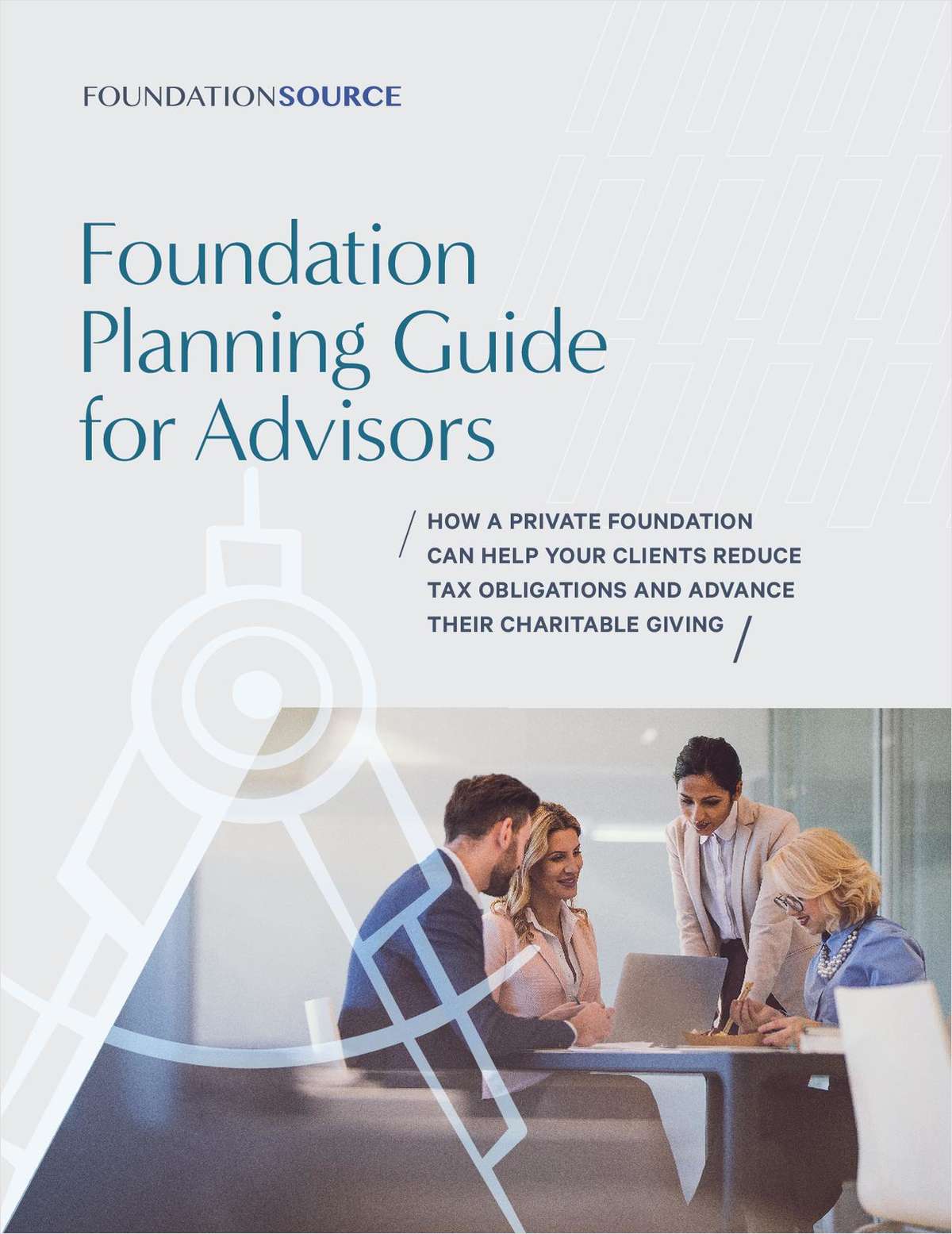 Waiter in Restaurant. Photo: bondvit/Shutterstock.com
Waiter in Restaurant. Photo: bondvit/Shutterstock.comCompromise on the Table for Class Action Lawsuits Over Restaurant Wages
Gov. Ned Lamont is weighing a compromise between restaurant owners and workers, after vetoing a bill that could have thrown out class action wage lawsuits.
August 14, 2019 at 03:34 PM
3 minute read
Numerous class action wage lawsuits by servers against restaurants could have been thrown out or hobbled if Gov. Ned Lamont had signed Connecticut House Bill 5001.
That is the consensus among both supporters and opponents of the bill, who now say they are watching closely, as the governor—who last month vetoed the proposed legislation—might be amenable to a workaround that affects how servers are paid.
“The governor is currently working with legislative leadership on crafting a compromise bill,” Lamont’s spokesperson David Bednarz said Wednesday. “Those discussions are ongoing.”
New Haven Legal Assistance Association attorney James Bhandary-Alexander opposed House Bill 5001, which he said sought to “get rid of the lawsuits.”
“What the bill was aimed at doing was eviscerating all claims that anyone had or could have had under the law, including all class action claims and all individual claims,” he said.
At issue is Section 7 of the bill, which, would have wiped out Sections 31-62-E4 within Chapter 54 of the Connecticut General Statutes—a roughly five-decades-old provision that requires segregation of servers’ service duties and the non-service tasks, which involve cleaning bathrooms and any other work not related to direct face-to-face contact with diners. It then requires employers to pay accordingly, using the state’s minimum wage $10.10 an hour for nonservice tasks rather than the $6.38 minimum for service duties.
There are at least seven class action lawsuits pending against Connecticut restaurants, alleging the companies did not segregate service duties and nonservice duties. The lawsuits, all involving Hartford-based employment attorney Richard Hayber, allege the restaurants underpaid servers for chores like removing garbage, stocking and sweeping.
Hayber, principal of Hayber Law Firm, said Wednesday that if Lamont had signed the bill, “in short, it would have meant that restaurants could have paid the tip rate for non-tipped work, and gotten away with it.”
Scott Dolch, executive director of the 1,200-member Connecticut Restaurant Association, suggested his members aren’t looking to underpay their staff. Instead, he said they’ve adhered to the federal 80/20 rule, which allows for 80% of a server’s time to be spent attending customers and up to 20% allotted to other duties. The state Department of Labor states on its website that it will not penalize restaurants who follow the 80/20 rule and don’t offer two pay rates, although that doesn’t mean private actions can’t be filed.
Dolch said the current law on segregating job responsibilities is cumbersome and confusing.
“Clocking in and clocking out for performing service duties and non-service duties is burdensome,” he said. “It could mean clocking in and out 30 times a day because you can have multiple tables, and there is side work to be done. It’s just so confusing and literally impossible for a restaurant to manage the process as it’s written now.”
Dolch said the current law leaves businesses vulnerable to litigation.
“It’s opening our industry up for more and more lawsuits,” he said. “To be sued, or potentially sued. for doing what is done in other states is just not right.”
Read More:
This content has been archived. It is available through our partners, LexisNexis® and Bloomberg Law.
To view this content, please continue to their sites.
Not a Lexis Subscriber?
Subscribe Now
Not a Bloomberg Law Subscriber?
Subscribe Now
NOT FOR REPRINT
© 2024 ALM Global, LLC, All Rights Reserved. Request academic re-use from www.copyright.com. All other uses, submit a request to [email protected]. For more information visit Asset & Logo Licensing.
You Might Like
View All
Pharmacies Accuse GoodRx of 'Inviting Price-Fixing' in Series of Antitrust Class Actions
4 minute read
Progressive Hit With Class Action After Allegedly Unlawfully Denying Collision Coverage
3 minute read
$2.8B Antitrust Settlement Will Have Long-Term Impacts on Insurance Industry, Say Attorneys Behind Accord

'Substantive Deficiencies': Judge Grants Big Law Motion Dismissing Ivy League Price-Fixing Claims
3 minute readTrending Stories
- 1Judicial Ethics Opinion 24-61
- 2Decision of the Day: School District's Probe Was a 'Sham'; Title IX Administrator Showed Sex-Based Bias
- 3US Magistrate Judge Embry Kidd Confirmed to 11th Circuit
- 4Shaq Signs $11 Million Settlement to Resolve Astrals Investor Claims
- 5McCormick Consolidates Two Tesla Chancery Cases
Who Got The Work
Michael G. Bongiorno, Andrew Scott Dulberg and Elizabeth E. Driscoll from Wilmer Cutler Pickering Hale and Dorr have stepped in to represent Symbotic Inc., an A.I.-enabled technology platform that focuses on increasing supply chain efficiency, and other defendants in a pending shareholder derivative lawsuit. The case, filed Oct. 2 in Massachusetts District Court by the Brown Law Firm on behalf of Stephen Austen, accuses certain officers and directors of misleading investors in regard to Symbotic's potential for margin growth by failing to disclose that the company was not equipped to timely deploy its systems or manage expenses through project delays. The case, assigned to U.S. District Judge Nathaniel M. Gorton, is 1:24-cv-12522, Austen v. Cohen et al.
Who Got The Work
Edmund Polubinski and Marie Killmond of Davis Polk & Wardwell have entered appearances for data platform software development company MongoDB and other defendants in a pending shareholder derivative lawsuit. The action, filed Oct. 7 in New York Southern District Court by the Brown Law Firm, accuses the company's directors and/or officers of falsely expressing confidence in the company’s restructuring of its sales incentive plan and downplaying the severity of decreases in its upfront commitments. The case is 1:24-cv-07594, Roy v. Ittycheria et al.
Who Got The Work
Amy O. Bruchs and Kurt F. Ellison of Michael Best & Friedrich have entered appearances for Epic Systems Corp. in a pending employment discrimination lawsuit. The suit was filed Sept. 7 in Wisconsin Western District Court by Levine Eisberner LLC and Siri & Glimstad on behalf of a project manager who claims that he was wrongfully terminated after applying for a religious exemption to the defendant's COVID-19 vaccine mandate. The case, assigned to U.S. Magistrate Judge Anita Marie Boor, is 3:24-cv-00630, Secker, Nathan v. Epic Systems Corporation.
Who Got The Work
David X. Sullivan, Thomas J. Finn and Gregory A. Hall from McCarter & English have entered appearances for Sunrun Installation Services in a pending civil rights lawsuit. The complaint was filed Sept. 4 in Connecticut District Court by attorney Robert M. Berke on behalf of former employee George Edward Steins, who was arrested and charged with employing an unregistered home improvement salesperson. The complaint alleges that had Sunrun informed the Connecticut Department of Consumer Protection that the plaintiff's employment had ended in 2017 and that he no longer held Sunrun's home improvement contractor license, he would not have been hit with charges, which were dismissed in May 2024. The case, assigned to U.S. District Judge Jeffrey A. Meyer, is 3:24-cv-01423, Steins v. Sunrun, Inc. et al.
Who Got The Work
Greenberg Traurig shareholder Joshua L. Raskin has entered an appearance for boohoo.com UK Ltd. in a pending patent infringement lawsuit. The suit, filed Sept. 3 in Texas Eastern District Court by Rozier Hardt McDonough on behalf of Alto Dynamics, asserts five patents related to an online shopping platform. The case, assigned to U.S. District Judge Rodney Gilstrap, is 2:24-cv-00719, Alto Dynamics, LLC v. boohoo.com UK Limited.
Featured Firms
Law Offices of Gary Martin Hays & Associates, P.C.
(470) 294-1674
Law Offices of Mark E. Salomone
(857) 444-6468
Smith & Hassler
(713) 739-1250










